Mackay mum’s son with hydrocephalus had three surgeries in six weeks
A Queensland mum, whose baby boy was diagnosed with a brutal brain condition, has spoken candidly about the harrowing early weeks and her family’s campaign to raise awareness.
Community News
Don't miss out on the headlines from Community News. Followed categories will be added to My News.
A Mackay mother has described the harrowing moment she watched a neurosurgeon walk away with her baby boy, knowing it could be the last time she ever saw little Henry alive.
Kerryn Csik endured every parent’s nightmare when her newborn was diagnosed with hydrocephalus – a condition caused by a build-up of fluid in the brain which if left untreated, is fatal.
Kerryn, who together with sister Briana has set up the Under Pressure for Hydrocephalus campaign to help raise awareness, reflected on her family’s journey.
She and her husband Anton began to suspect something wasn’t right when Henry’s head circumference grew at an abnormal rate.
What followed was a horror six weeks where baby Henry went through three surgeries, flown down each time to Brisbane from Mackay.
“There’s always that element of panic, you don’t know if that’s the last time you are going to see your baby,” Kerryn said.
“You do not know if the surgery is going to go well.
“They give you all the warnings.”
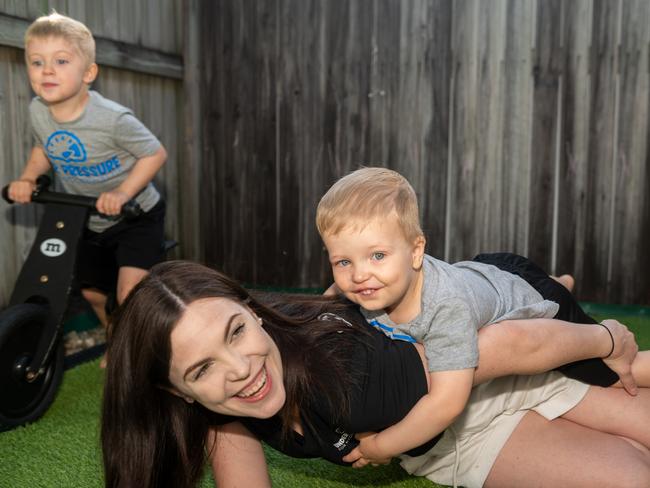
For 32-year-old Kerryn, it was a matter of going into “survival mode”.
“You kind of get really busy with it and I do think there was an element of shock,” she said
“It’s just awful, you want to take it away for them, and there’s nothing you can do.
“It is heartbreaking.”
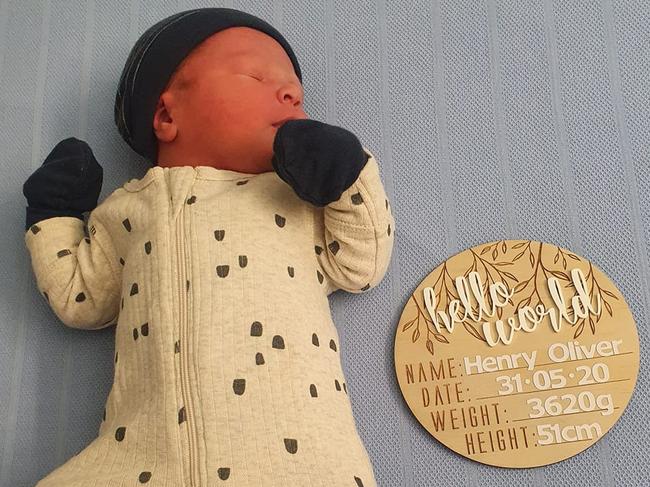
Each surgery was initially thought to be a success only for problems to re-emerge quickly afterwards.
After the second surgery, the family was driving back home when they noticed Henry head had grown by 3cm in just four days.
“That is massive,” Kerryn said.
When the family arrived in Mackay, they went immediately to the hospital.
“We had not even unpacked our bags yet,” she said.
An MRI showed fluid had continued to build and so, it was back again to Brisbane for another surgery, this time to insert a VP shunt.
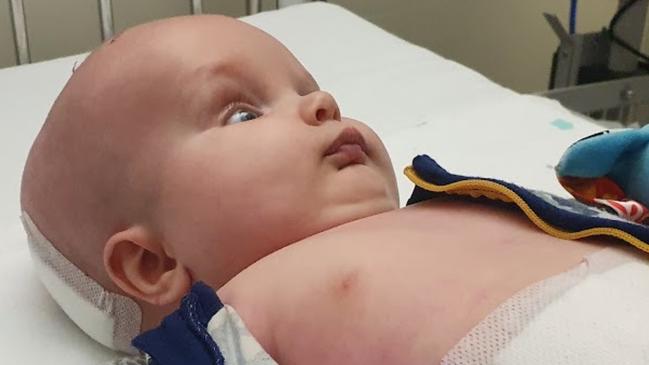
“You’re trying to take it all in and not panic,” Kerryn said.
“So, we essentially went through that three times, unexpectedly thinking everything was fine and then it wasn’t fine.”
Henry went through his first surgery at the age of 11 weeks and his third just after four months.
He is now two years old and in Kerryn’s words, “the sweetest little boy”.
“He is always helping, he will always stop and give someone a cuddle and a kiss and tell them he loves them,” she said.
“He is such a sweetheart.”
Henry is the Csik family’s second child.
Their eldest son Ethan is four and has been on the journey with them.
“He (Ethan) seemed to cope quite well,” she said.
“But it was extremely difficult for him.
“He went from being an only child to Mum was all-of-a-sudden not there, not with him at all.”
In Kerryn’s account, the boys are growing close and Ethan’s love for Henry is clear.
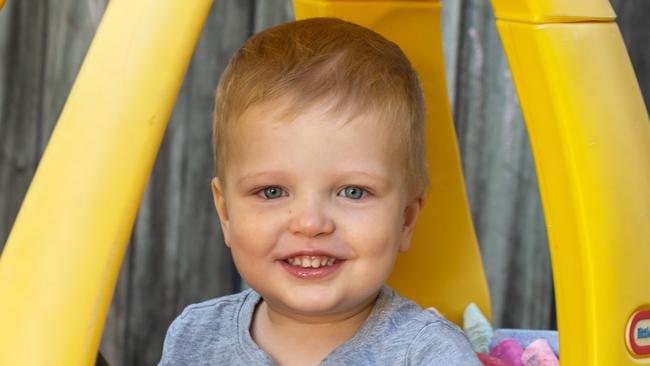
“They are always taking care of each other,” she said.
“I just heard Ethan say the other night to him (Henry), ‘I don’t want you to go to hospital again.’ And it’s moments likes that, you think ‘OK, you must remember more than we think you remember’.
“That kind of really gets you.”
For Kerryn, the spirit of parental love got her family through.
“There is certainly nothing special about us,” she said.
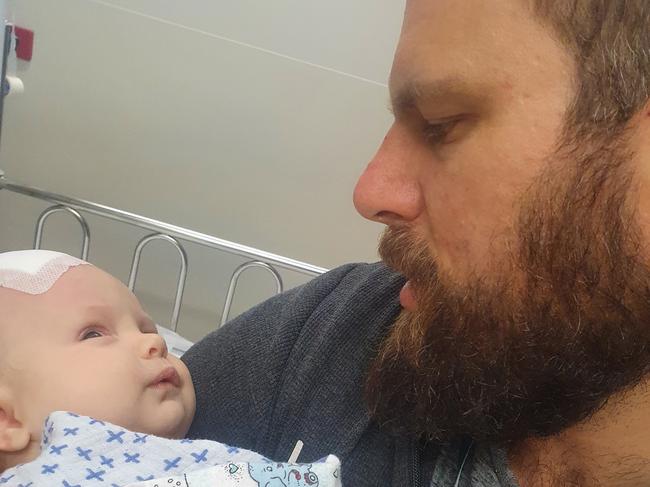
“We never pictured that this would happen to us.
“And you never do until it does happen to you.
“You do not have a choice, you just have to get through it as much as you can.”
Kerryn wants Henry to have “the best life he can possible,” but much hangs on improvements in treatment options for people with the lifelong condition.
About one in 800 babies are born each year with hydrocephalus and 50 per cent of shunts fail within two years of placement, which means another brain surgery.
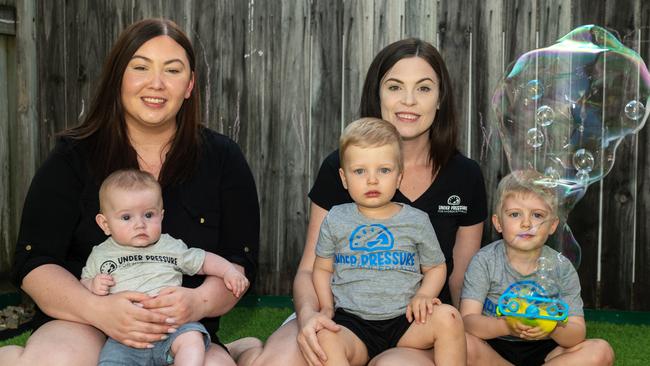
The Under Pressure for Hydrocephalus campaign to help raise money for the Hydrocephalus Support Association, a not-for-profit charity that funnels money into research and development and to families struggling with the condition, runs through September and the ladies hope to raise $10,000.
For young families who have just received a hydrocephalus diagnosis, Kerryn had some advice.
“It is hard to say that it is all going to be OK because it is so unpredictable and there is a different outcome for everybody.
“You need to get help yourself, you need to be able to cope and provide them the strength and support they need.”
Further information on hydrocephalus and donations can be made at: underpressureforhydro.org.au





